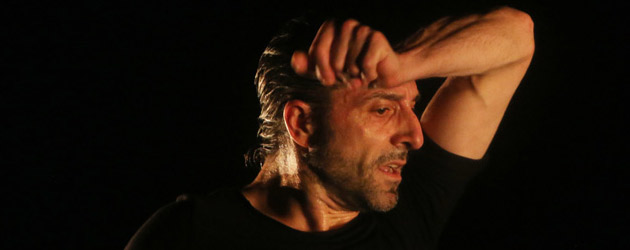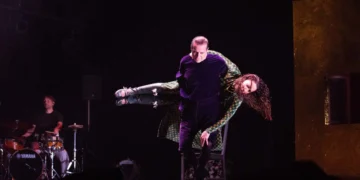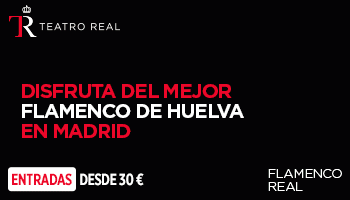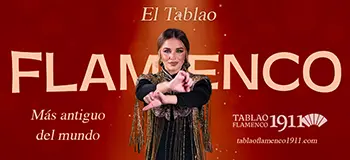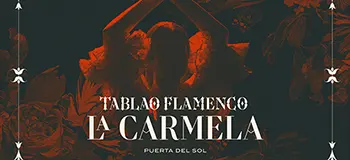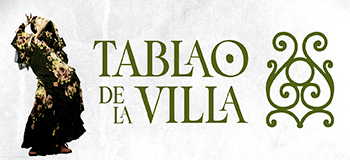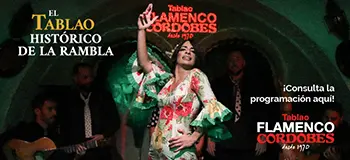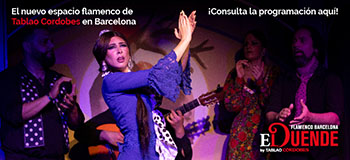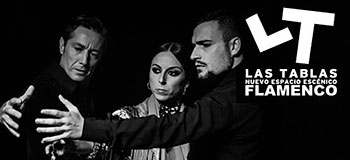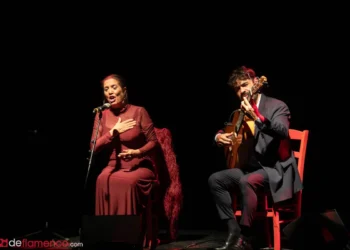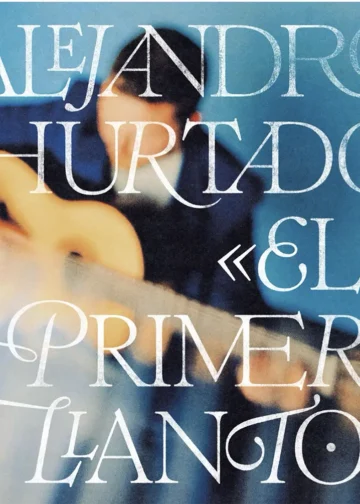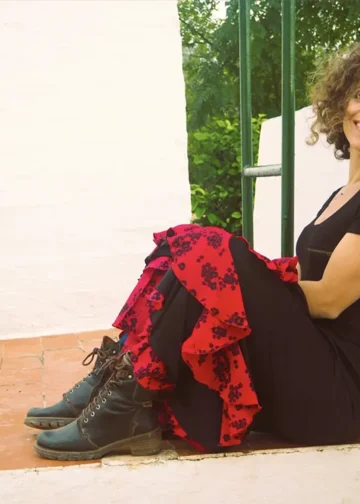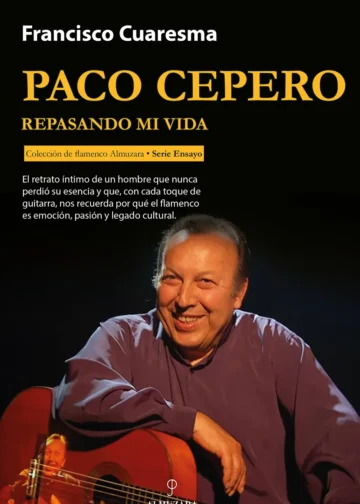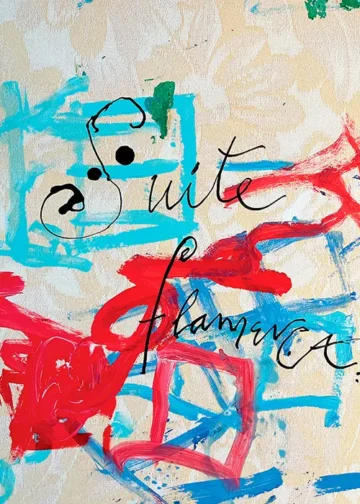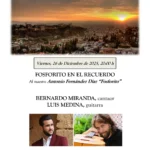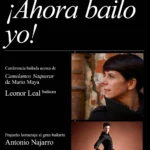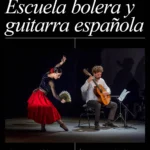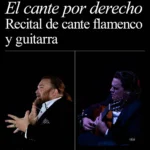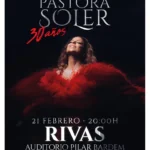Text: Estela Zatania
Photos: Jean Louis Duzert
Tuesday, January 19th, 2016. 20h. Teatro Bernadette Lafont, Nimes (France)
The miracle of the Nimes Festival
Once again this charming city in the south of France has managed to organize its spectacular annual flamenco event. Last year, at this same festival, we saw that French flamenco has a life of its own that does not depend on Spain, it's not the typical case of imitating another culture, but rather it was clear there is genuine passion and flamenco personality that are authentically French. It's a festival with no agenda other than to present the flamenco art-form in all its variety and splendor. With exquisite criteria, the organization again put together a varied high-quality program for a knowledgeable, and always grateful audience. In addition to the ample menu of performances, in both large and small format, the offer includes film screenings, exhibits and lectures by noted experts.
On Friday and Saturday, the Ballet Flamenco de Andalucía opened the program with their work «En la memoria del cante: 1922» directed by Rafaela Carrasco. On Saturday, Granada singer Gema Caballero, with Javier Patino on guitar, offered her acoustic recital at the Institut Emmanuel Alzón, and Sunday, Verónica Vallecillo dialogued with cellist Raphael Perraud in their original creation «Bach Flamenco».
On Sunday, Vicente, Enrique and José Soto, the three «Sordera» brothers, and their nephew Maloko, defended their admirable line at the Paloma auditorium, accompanied on guitar by Manuel Valencia and Miguel Salado, with their show «Los Sordera: Ortodoxia y Vanguardia». The following day, at the same venue, the surprising Extremaduran singer Miguel de Tena, with his sweet-and-sour voice sounding of Manuel Vallejo whose repertoire he knows so well, got the numerous crowd to their feet. Accompanied on guitar by Francisco Pinto, he has the sweetness of historic singers and the powerful delivery of his youthful generation.
According to the authoritative María Moliner dictionary, «carta blanca» is: «authorization conceded to an individual to act freely and according to his own judgement in a given activity». This is probably the most apt and concise definition of the artistic personality of Seville dancer Andrés Marín, as well as being the title of his most recent work presented last night at the Bernadette Lafont Theater of Nimes.
Tiny paper boats made from newsprint and scattered across the lobby of the theater, indicated the way to Marinland, a flamenco place where everything is possible in the dreamlike world of Andrés Marín. And that is precisely the greatest strength. No matter how experimental and surprising this artist's work is, traditional singing and compás are always at hand to anchor our attention. It's a perspective that forces the spectator to see and hear flamenco with untainted eyes and ears, and no preconceived ideas of purity and impurity.
From the opening soleá accompanied by heavy rock, you enter this interior world of Marín's mind where flamenco is appropriated as a tool to construct and lay out his own concepts. The high-quality back-up musicians are a very big asset. In voice, Segundo Falcón and José Valencia complement each other perfectly, making use of their great knowledge. Raúl Cantizano on electric guitar and hurdy-gurdy provides wonderful music and sound effects. Salvador Gutiérrez manages the difficult task of putting guitar music to an unorthodox work, and surprises us with its beauty. Daniel Suárez on percussion, and Javier Trigos on clarinet complete the excellent line-up.
«Carta Blanca» is an avant-garde work apt for all audiences thanks to a strong flamenco vein that unites elements and fragments as diverse as soleá, pregón, cante minero, los cuatro muleros, Debussy, bulerías and abandolao, a fascinating siguiriya, Falcón's elegant caña, a magnificent farruca and the inevitable humorous touches that always decorate the work of this inspired dancer.
Descubre más desde Revista DeFlamenco.com
Suscríbete y recibe las últimas entradas en tu correo electrónico.


